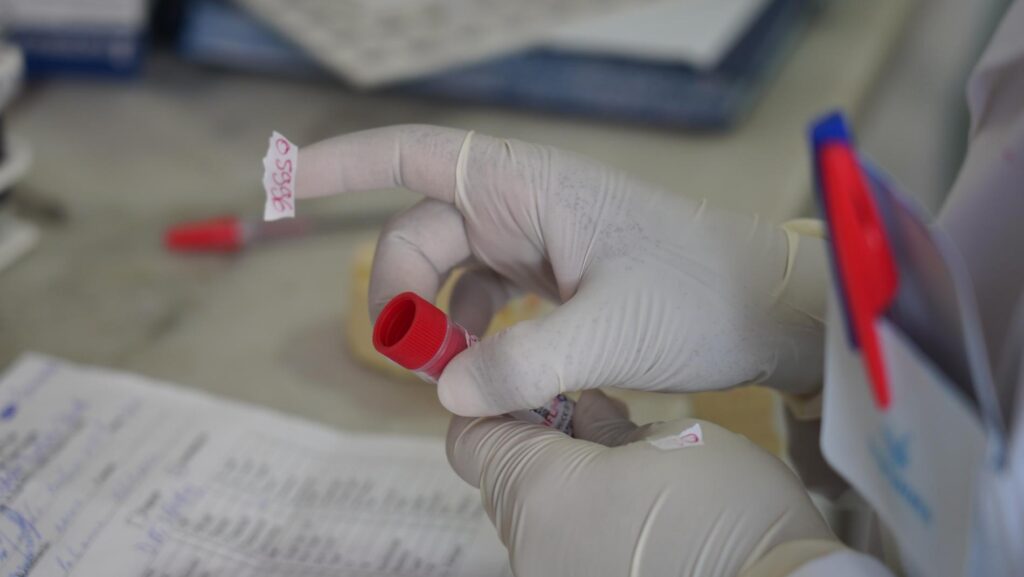African Health Ministers Urge Urgent Action as Malaria Progress Falters
African health ministers have called for urgent action to accelerate malaria prevention and control, warning that progress has stalled and the region risks missing the 2030 elimination targets.
Meeting in Lusaka for the Seventy-fifth session of the World Health Organization (WHO) Regional Committee for Africa, ministers noted that malaria cases have declined by just 5% and mortality by 16% since 2015 – far short of the 75% reduction target set for 2025. The Global Technical Strategy for malaria (2016–2030) aims for a 90% reduction in incidence and deaths by 2030.
Weak health systems, limited domestic financing, conflicts, natural disasters, and the impacts of climate change were identified as key barriers. In addition, widespread insecticide resistance, emerging drug resistance, and poor coordination continue to undermine progress.
In 2023, global investment in malaria response reached US$ 4 billion – only half of the US$ 8.3 billion needed. With most funding coming from international partners, recent cuts threaten to roll back hard-won gains and highlight the need for new, sustainable financing models.
The ministers committed to strengthening local institutional capacity, building resilient health systems, and training and retaining skilled health workers, including community health workers. Other measures agreed upon include pooled procurement and local manufacturing of malaria commodities, expanded use of malaria vaccines, improved data-driven interventions, and increased government accountability.
“Progress has been made, but it is not nearly enough. Cases and deaths are not falling fast enough. We must do more, and we must do it faster,” said Dr Mohamed Janabi, WHO Regional Director for Africa. “Ending malaria is not only about saving lives. It is about unlocking human potential, driving economic growth and securing Africa’s future.”
Despite challenges, notable progress has been recorded. Since 2015, Algeria (2019) and Cabo Verde (2024) have been certified malaria-free. Rwanda and São Tomé and Príncipe remain on track to meet 2025 targets, demonstrating the impact of targeted, data-driven strategies. In addition, nearly six million children across 20 countries have received malaria vaccines by July 2025, while the use of insecticide-treated nets and seasonal malaria chemoprevention has steadily expanded.
With sustained political commitment, innovation, and investment, health leaders stressed, Africa can consign malaria to history.



